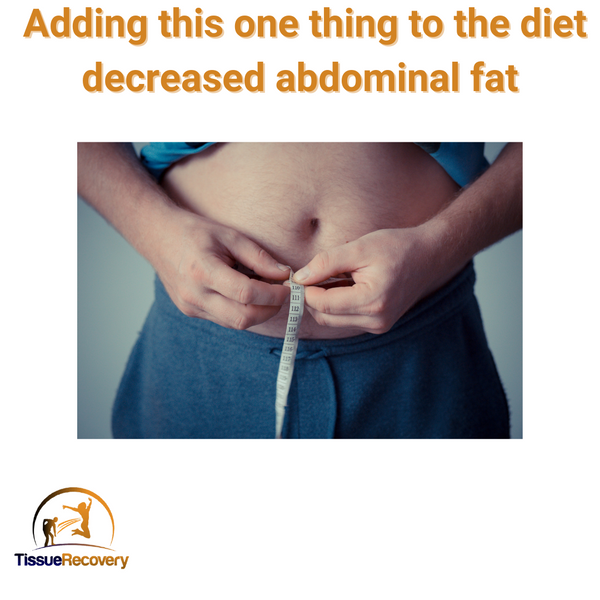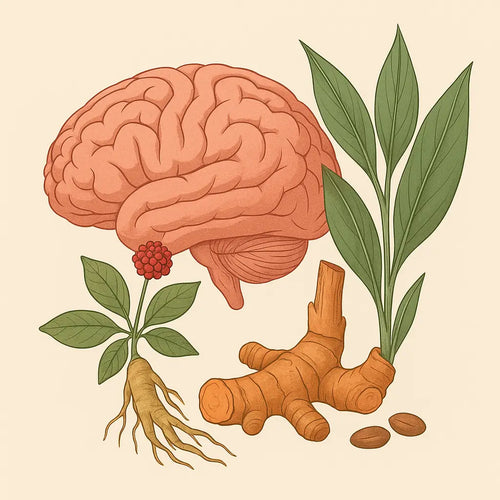
In this study a total of 105 adult men and women between the age of 25 and 45 years participated (Khan NA, et.al., 2021).
They had a body mass index of ≥25 kg/m2 and were randomly assigned to a treatment group that received a daily meal with 1 fresh Hass avocado, or a control group that received an isocaloric meal with similar ingredients without an avocado. The study went on for 12 weeks.
DXA was used to assess the main outcomes of abdominal adiposity (visceral adipose tissue). To access insulin resistance, fasting glucose and insulin were used.
The results showed no significant difference between the treatment group and the placebo group for the men, but for the women consumption of 1 fresh Hass avocado changed abdominal adiposity distribution.
The treatment group for the women had a a greater reduction of visceral fat compared to the control group. There was no change seen for insulin resistance.
Reference
Naiman A Khan, Caitlyn G Edwards, Sharon V Thompson, Bridget A Hannon, Sarah K Burke, Anne D M Walk, Richard W A Mackenzie, Ginger E Reeser, Barbara H Fiese, Nicholas A Burd, Hannah D Holscher, Avocado Consumption, Abdominal Adiposity, and Oral Glucose Tolerance Among Persons with Overweight and Obesity, J Nutr. 2021 Sep 4;151(9):2513-2521.










